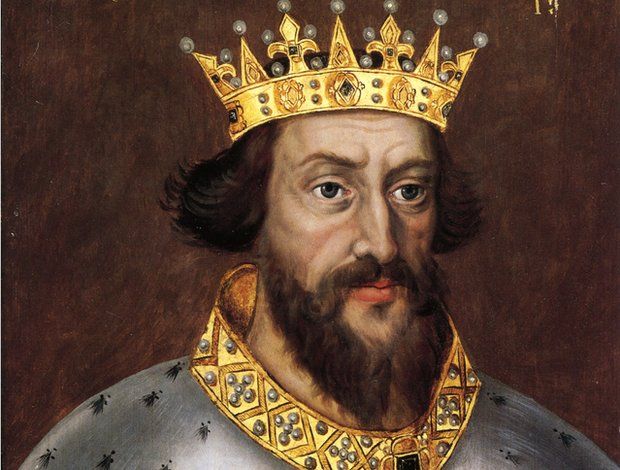A search for bones of Henry I is planned in Reading
- Published

A search for the bones of King Henry I is being planned in Reading.
The project is backed by Philippa Langley, who helped find the remains of Richard III in Leicester.
She believes Henry I's bones are buried near the ruins of Reading Abbey and is interested in the search "because he is our forgotten king".
English Heritage has pledged its support to carry out ground penetrating radar (GPR) research of the abbey area, which aims to be carried out this year.
The plans are part of a wider project called Hidden Abbey to uncover the remains of Reading Abbey, which was founded by Henry I in 1121 and where he was buried.
He was the son of William the Conqueror, which has led to Henry I's reputation as a forgotten king overshadowed by his father's glory.
There is speculation about where his remains ended up after grave robbers raided the area for the silver coffin the king had reportedly been buried in.
But project co-founder and historian John Mullaney said: "We know he's there in some form or another because if people did discover these bones... they would have been left there."
The abbey was largely destroyed in 1538 during the dissolution of the monasteries, but many of the walls of the abbey still stand.
Dr Andrew Brown from English Heritage said the abbey ruins and its buried remains was considered "to be of national importance".
Ms Langley, who helped set up the Hidden Abbey Project, said: "There is the most incredible pristine abbey beneath the ground.
"What I want to do is bring history alive in Reading."
She added a ground-penetrating radar (GPR) survey would be carried out first to map the area, with the possibility of trial trenching also taking place.
- Published21 June 2014
- Published4 February 2013
- Published14 September 2012